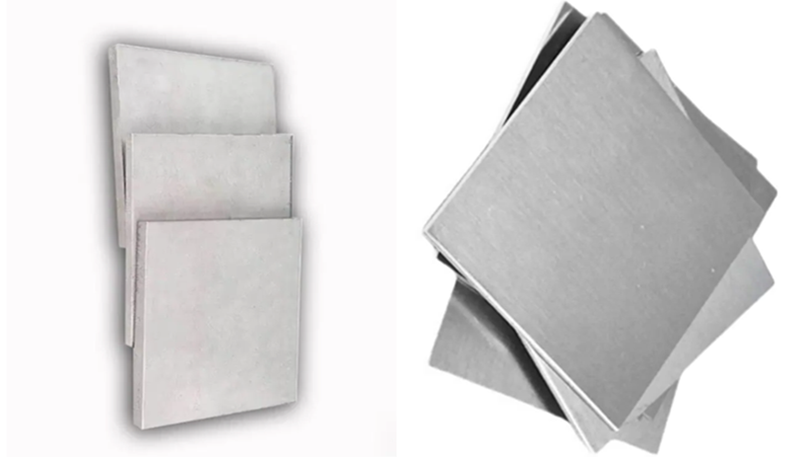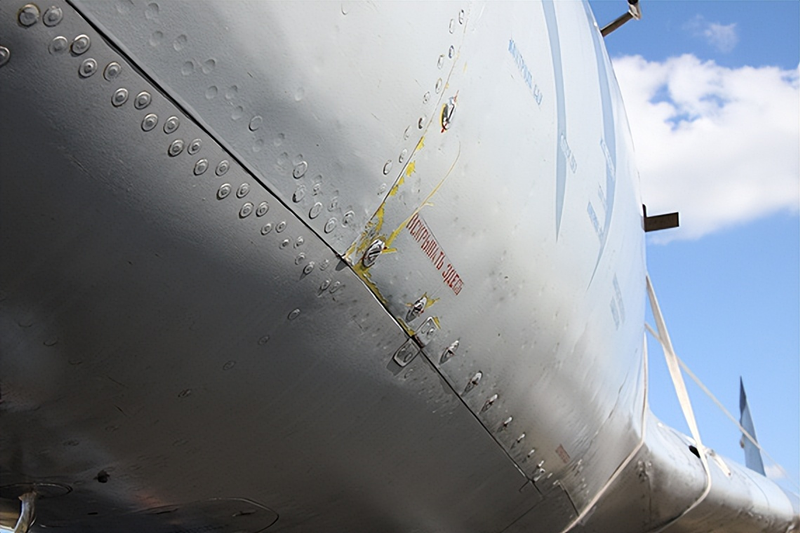Commercially Pure Titanium Vs. Titanium Alloys,which is stronger?

What is CP Grade Titanium?
Commercially pure titanium (CP titanium) is a high-purity metallic material with a titanium content typically exceeding 99%. It is classified into different grades based on purity, with TA1 being the purest, followed by TA2 and TA3. CP titanium is characterized by its low density, high specific strength, excellent corrosion resistance, and outstanding biocompatibility. In highly corrosive environments such as seawater, humid climates, or acidic and alkaline conditions, CP titanium exhibits exceptional stability. Its excellent ductility makes it easy to process into complex shapes, making it widely used in aerospace, chemical equipment, and medical devices. Although CP titanium has lower strength compared to titanium alloys, its superior machinability and corrosion resistance make it ideal for manufacturing non-load-bearing components and biomedical products.
Distinguishing CP Titanium from Titanium Alloys
The primary differences between CP titanium and titanium alloys lie in their composition and performance. CP titanium consists of high-purity titanium with minimal alloying elements, resulting in lower strength but higher ductility and corrosion resistance. Titanium alloys, on the other hand, are titanium-based materials with added elements such as aluminum, vanadium, tin, and manganese. These alloying elements significantly enhance the strength, hardness, heat resistance, and elastic modulus of titanium alloys, making them suitable for high-strength, lightweight, and high-temperature applications. For instance, the widely used TC4 (Ti-6Al-4V) alloy is a preferred material in aerospace and industrial manufacturing due to its excellent comprehensive properties. Furthermore, in terms of microstructure, CP titanium exhibits uniform grains, whereas titanium alloys display more complex structures, including α, β, and α+β phases. These structural differences directly influence the mechanical, thermal, and corrosion-resistant properties of the two materials.

Application Differences Between CP Titanium and Titanium Alloys
The distinct properties of CP titanium and titanium alloys lead to their varied applications. CP titanium, with its superior corrosion resistance and machinability, is primarily used in aerospace for manufacturing non-load-bearing components such as insulation inner panels, thermal insulation plates, tail covers, and speed brakes. These parts do not require high load-bearing capacity but demand excellent corrosion resistance and lightweight characteristics. In biomedical engineering, CP titanium’s biocompatibility makes it an ideal material for medical implants, including anterior cervical plates, spinal rod systems, cranial plates, maxillofacial plates, and joint systems.
In contrast, titanium alloys, with their high strength and heat resistance, are widely used for load-bearing components and extreme environments. In aerospace, titanium alloys are essential for manufacturing high-strength structural parts, such as aircraft wings, fuselage frames, landing gear, and turbine blades. In spacecraft, titanium alloys are also used for rocket engine casings and missile components. Additionally, in industrial applications, titanium alloys are employed in oil drilling equipment, marine engineering, and high-temperature pressure components for power plants. In the medical field, titanium alloys are used to produce high-strength surgical implants, such as artificial hip joints and dental implants, due to their superior mechanical properties.
In summary, the choice between CP titanium and titanium alloys depends on specific application requirements. CP titanium is preferred for applications demanding high corrosion resistance, machinability, and biocompatibility but with lower strength demands. Conversely, titanium alloys are the material of choice for high-load, high-temperature environments and critical components.